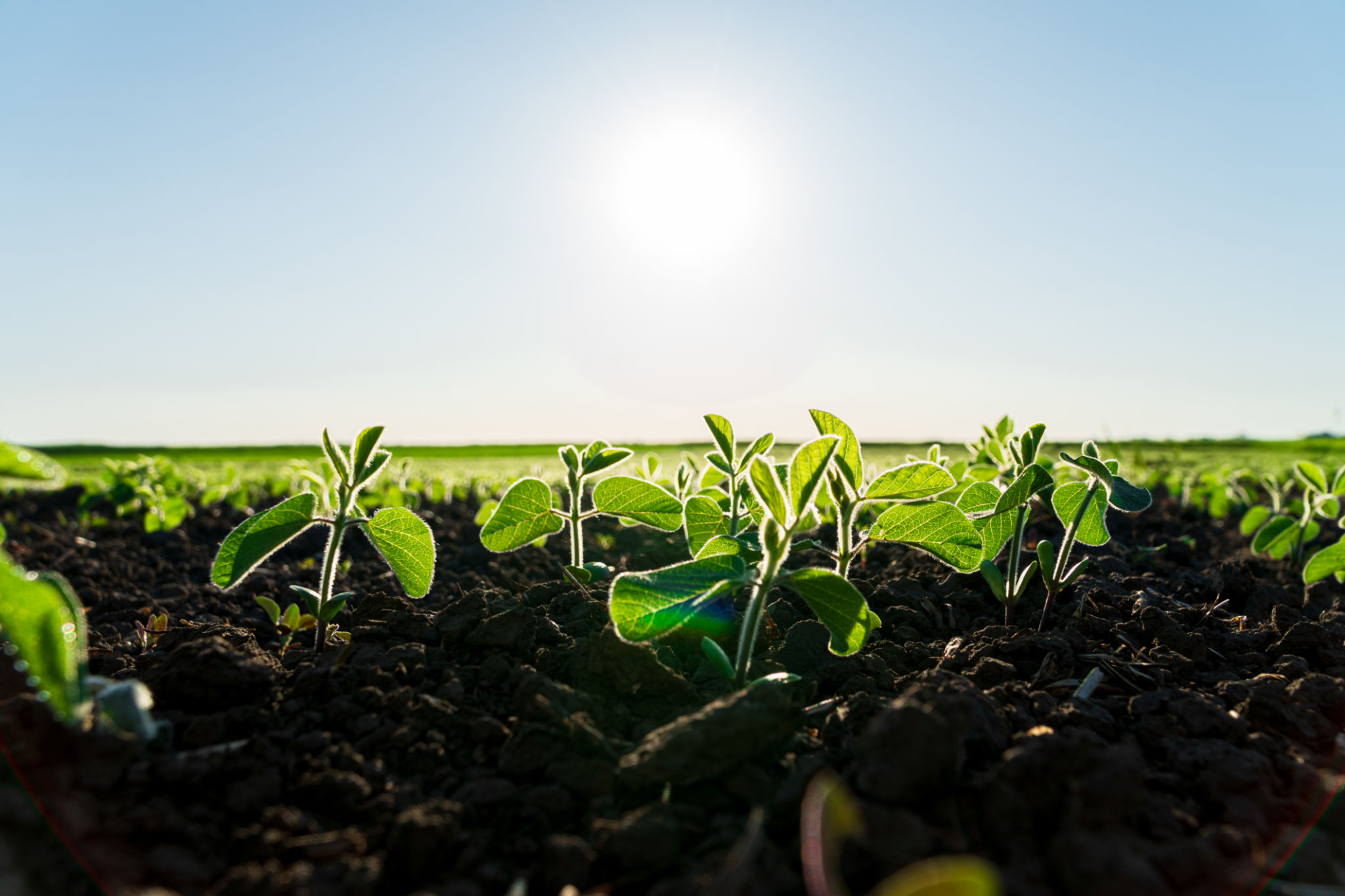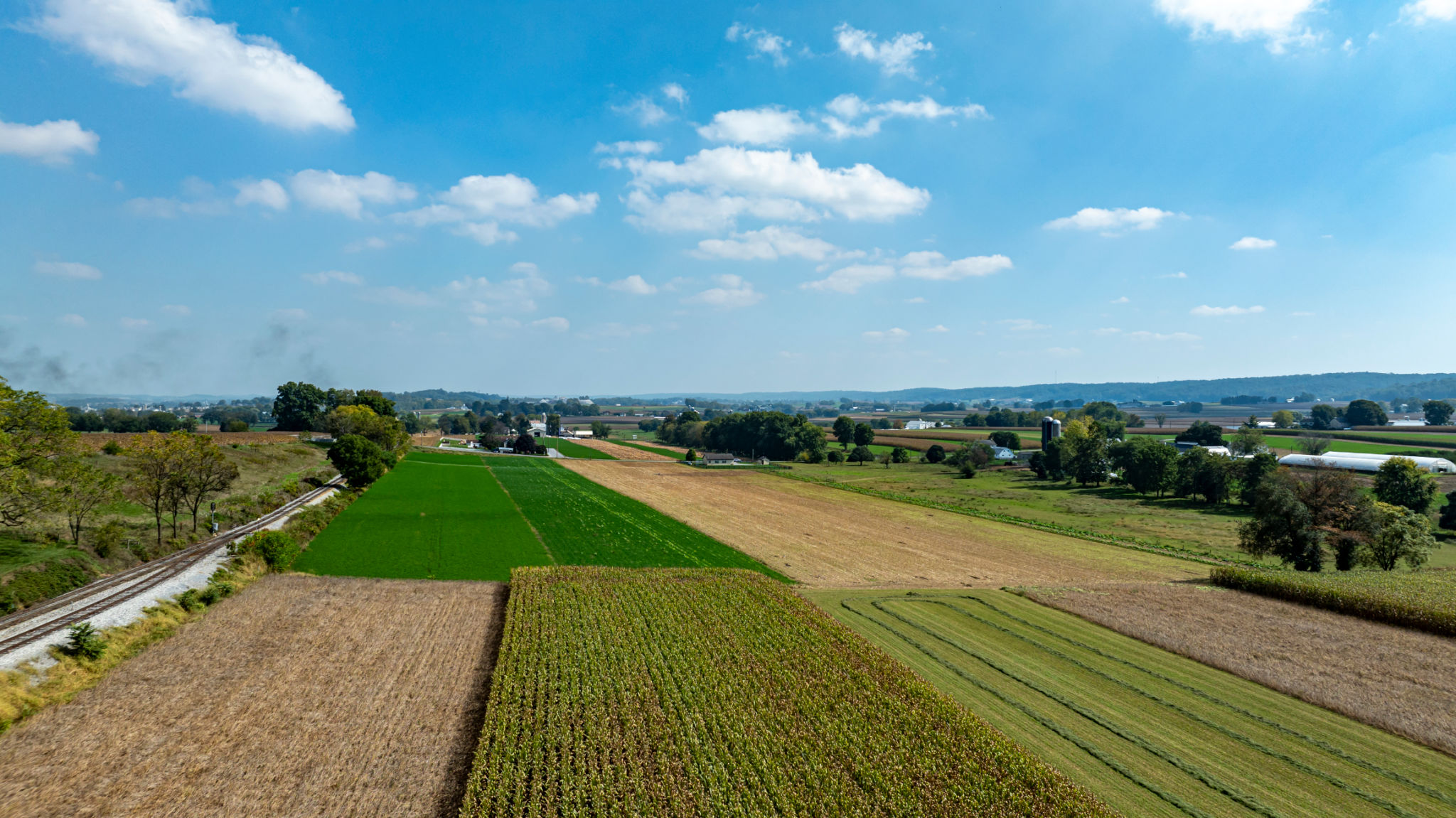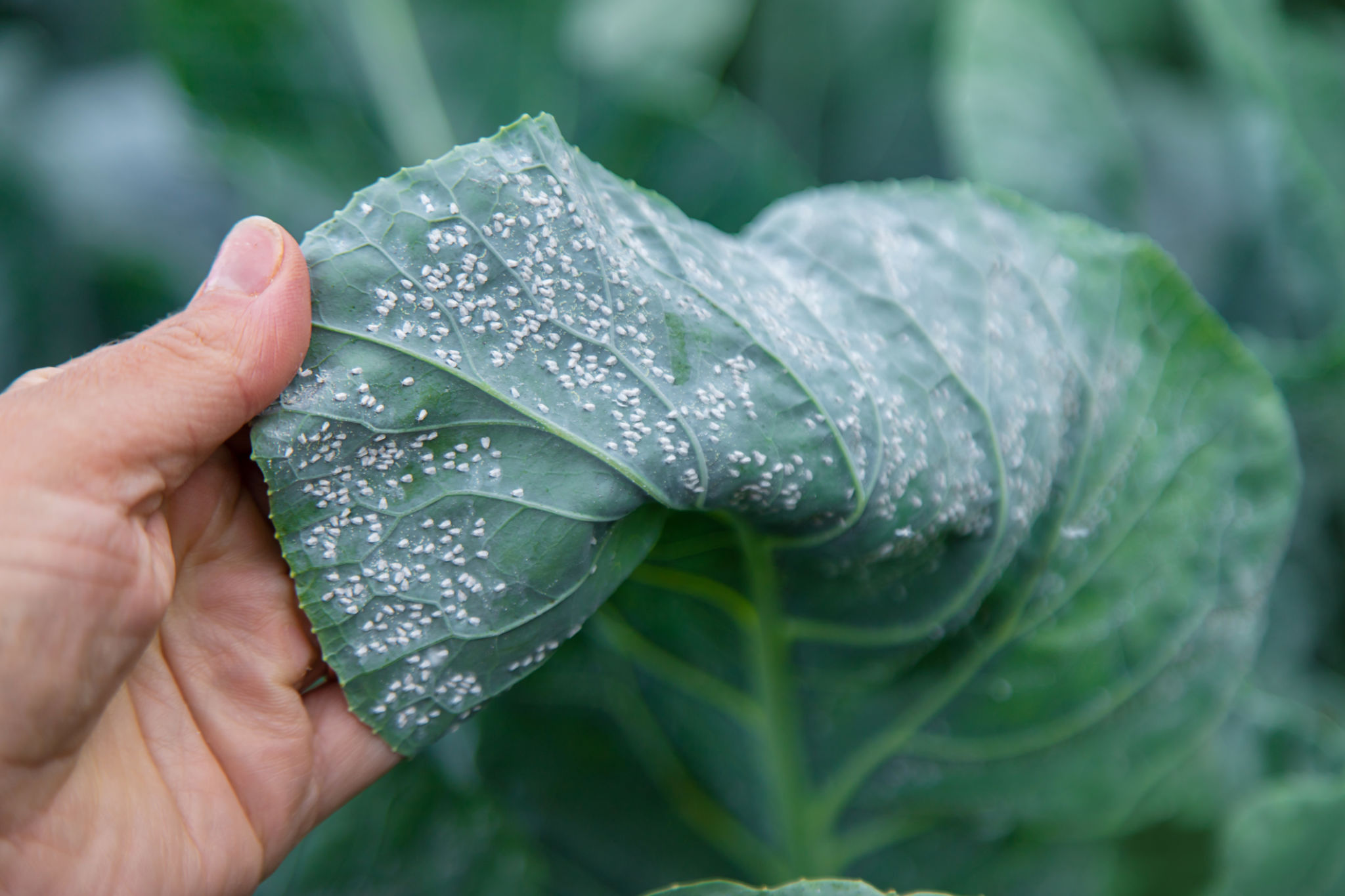Expert Insights: Sustainable Agriculture Practices That Improve Soil Health
Understanding Sustainable Agriculture
Sustainable agriculture is not just a trend; it is a necessary shift in farming practices that aims to balance the needs of the environment, farmers, and the community. Central to this approach is the improvement of soil health, which is fundamental for long-term agricultural productivity. Experts emphasize the importance of adopting practices that not only enhance yield but also preserve natural resources for future generations.
Healthy soil acts as a living ecosystem, teeming with microorganisms that support plant growth. It is essential to recognize that soil health directly impacts food quality and ecosystem stability. As such, implementing sustainable techniques can lead to healthier crops and a more resilient agricultural system.

Crop Rotation and Diversity
One of the most effective sustainable practices is crop rotation. By alternating different types of crops in the same area, farmers can break pest and disease cycles, reduce soil erosion, and improve nutrient balance. Crop diversity also fosters a more robust soil structure and enhances biodiversity both above and below ground.
Cultivating a variety of crops can lead to a more resilient farming ecosystem. This practice not only benefits soil health but also improves farm profitability by reducing dependency on chemical inputs and increasing resilience to climatic changes.

Cover Cropping for Soil Protection
Cover crops are planted primarily to cover the soil rather than for harvest. These crops, such as clover or rye, play a significant role in preventing erosion, enhancing soil fertility, and improving water retention. Experts highlight that cover cropping can significantly reduce the need for synthetic fertilizers.
The roots of cover crops help bind the soil together, reducing erosion. Additionally, they contribute organic matter to the soil, enhancing its structure and fertility over time. Farmers who adopt this practice often see improvements in soil moisture levels and nutrient availability.

Reduced Tillage Practices
Tillage has traditionally been used to prepare land for planting, but it can lead to soil degradation over time. Reduced tillage or no-till practices help maintain soil structure and organic matter content. These techniques minimize disturbance to the soil ecosystem and protect against erosion.
By reducing tillage, farmers can preserve the natural habitat of beneficial microorganisms and promote healthier plant growth. This practice also helps in carbon sequestration, contributing to efforts against climate change.
Integrated Pest Management (IPM)
Integrated Pest Management is a sustainable approach that combines different strategies for controlling pests with minimal environmental impact. By using natural predators, crop rotation, and resistant crop varieties, farmers can manage pest populations effectively without relying heavily on chemical pesticides.
This approach supports ecological balance and reduces potential health risks associated with pesticide use. IPM not only safeguards the environment but also enhances soil health by maintaining its natural biodiversity.

The Role of Organic Amendments
Organic amendments such as compost and manure are vital in enriching soil health. These materials add essential nutrients and improve soil structure, fostering an environment conducive to plant growth. Experts recommend using organic amendments as part of a holistic approach to sustainable farming.
The application of organic matter can significantly enhance microbial activity in soils, leading to improved nutrient cycling and plant vigor. This practice is a cornerstone of organic agriculture and is increasingly adopted in conventional systems for its numerous benefits.
The Future of Sustainable Agriculture
The transition towards sustainable agriculture is gaining momentum as more farmers recognize the long-term benefits of improving soil health. By adopting these practices, they not only ensure the viability of their farms but also contribute positively to environmental conservation efforts.
Sustainable agriculture practices represent a promising path forward in addressing global food security challenges while protecting our planet's natural resources. As awareness grows, these methods are likely to become the standard in farming communities worldwide.